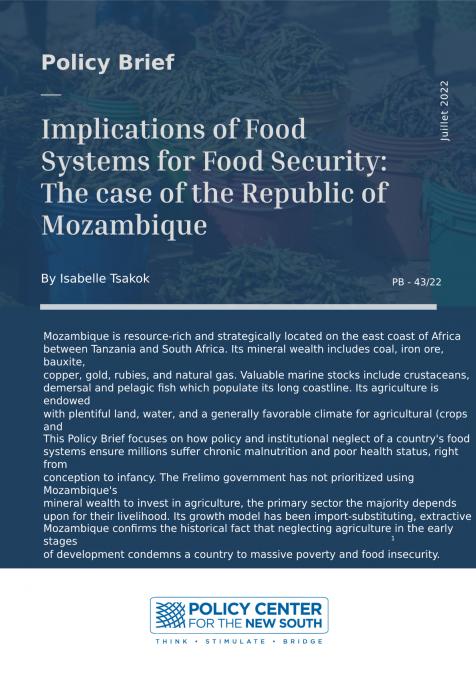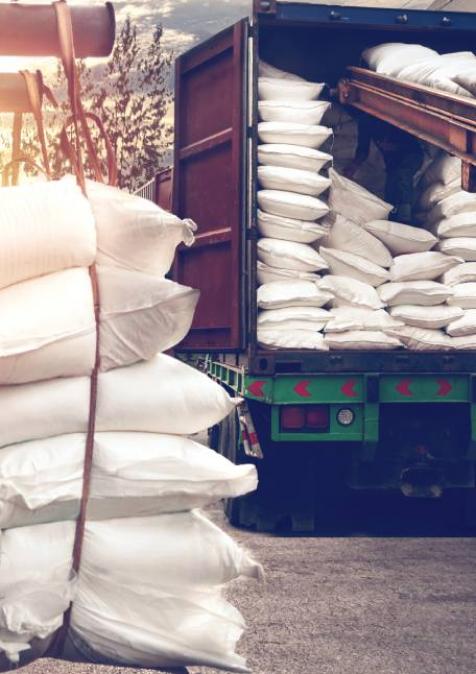Publications /
Policy Brief
Policy Brief
Ensuring Food Security During the Covid-19 Pandemic
April 10, 2020
Food insecurity is not a new concern. Many people around the world are already undernourished because of several factors, including climatic, economic, and political factors. Unfortunately, in times of crisis, as currently with COVID-19, food insecurity becomes more acute and requires urgent intervention to mitigate the negative impact on people's access to food. Aware of this, many governments have implemented different short-term measures to tackle this issue. However, it is important to remember that food insecurity is the result of poorly-managed past food policies, and governments should take this into account while rethinking their food policies for the future.












